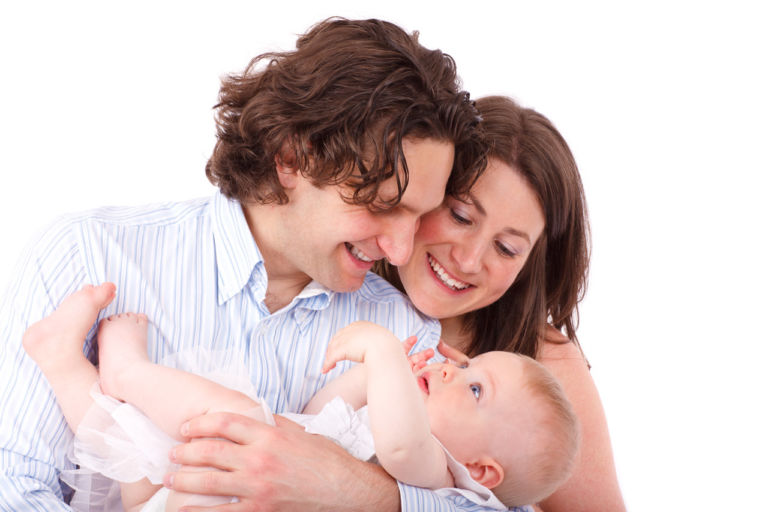Robert Pondiscio of the American Enterprise Institute considers the COVID pandemic’s impact on Americans’ support for public schools.
[W]hen advocates for private school choice, charters, online education, microschools, homeschooling and other alternatives to traditional public schools were heralding the arrival of a “new normal” (or, more cynically, a crisis too good to waste) in the early days of the pandemic, I cautioned skepticism. Our enduring fondness for local schools suggested that public education would snap back into its old normal shape at the earliest possible moment. The overwhelming majority of American children — 85 percent before the pandemic — attend zoned public schools. This figure cannot be fully explained away by a lack of alternatives, or a failure of imagination or entrepreneurship. It suggests the persistence of a valued cultural habit. We simply like sending our kids to local public schools and mostly think they’re pretty good.
But here we are, deep into a third consecutive school year disrupted by COVID-19, or living under the threat of it, and the evidence is now mounting and irrefutable that Americans’ relationship with local public schools is not as solid, reliable or unshakable as it has been historically. …
… It is not an indictment of local schools (or at least not intended as one) to say that among their most salient features is predictability. The rhythms of the school year largely dictate family life. Your kids have somewhere they’re supposed to be Monday through Friday for 40 weeks of the year. Working families are accustomed to making plans for their children well in advance for summer vacation and winter recesses — not the night before, when schools close due to staffing issues or when your child is quarantined weeks at a time out of an abundance of caution to stop the spread of COVID. The less reliably schools are open and accommodating, the more likely parents are to make other plans.


